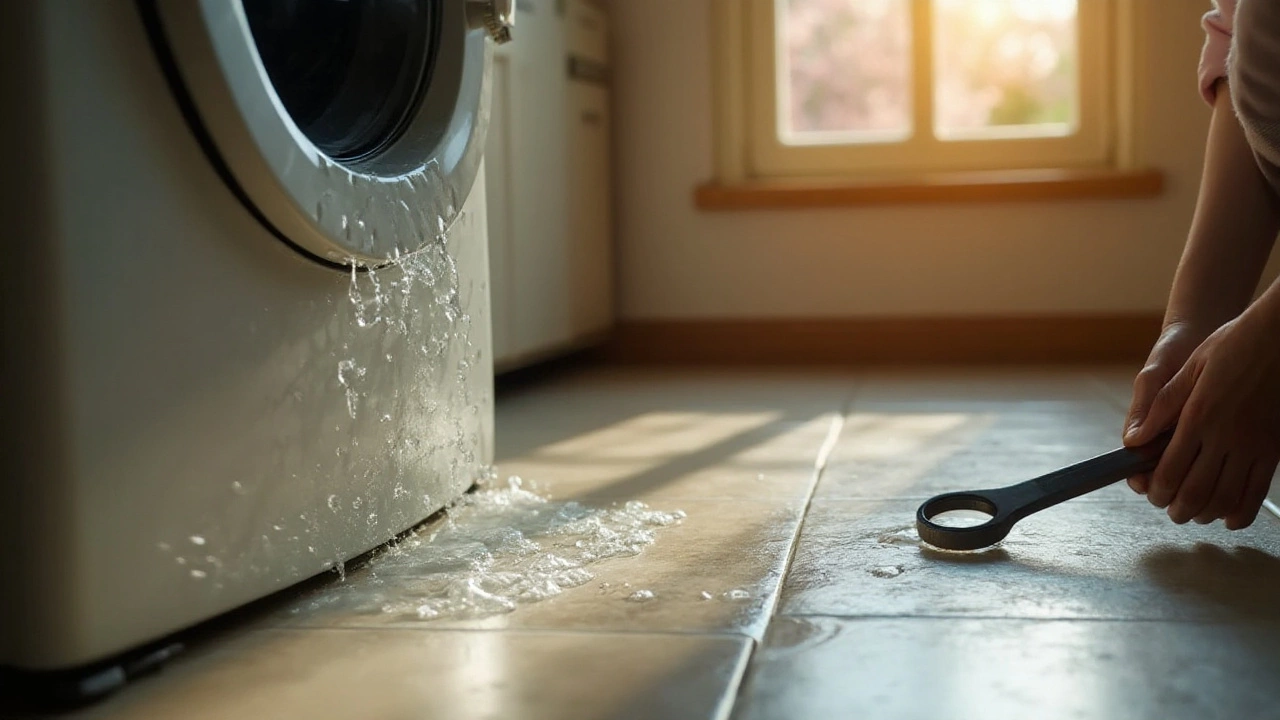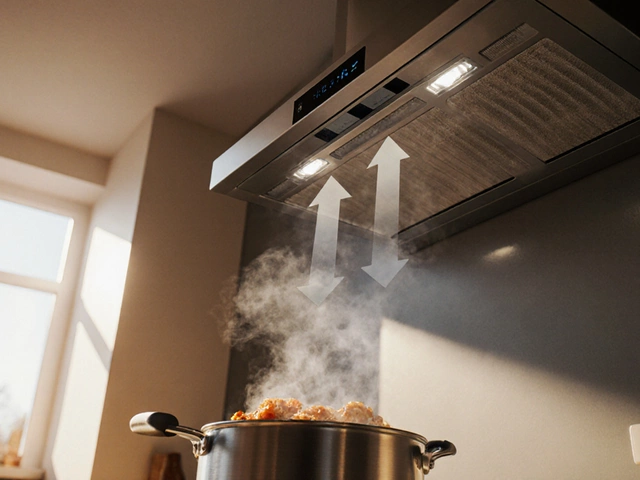Got a washing machine that’s making funny noises, leaking, or just won’t spin? You don’t have to panic or call a tech right away. Most everyday faults are simple enough to sort out with a few tools and a bit of know‑how. Below we break down the most common issues, how to diagnose them, and what you can do yourself before you pick up the phone.
The first clue is always the symptom. Is the drum not turning? Is water not draining? Is the machine leaking from the front or bottom? Write down exactly what you see or hear – a humming sound, a squeal, a clunk – and when it happens (during wash, rinse, spin). This helps you narrow down the culprit and saves time during the fix.
Most problems fall into four groups:
Keep the power off and unplug the unit before you start any investigation – safety first.
1. Clean the filter and pump. A blocked filter is the #1 cause of drainage problems. Locate the small door behind the front panel, pull out the filter, clear any lint, coins or hair, and rinse it. Check the pump impeller for debris; a quick spin by hand shows if it’s stuck.
2. Level the machine. If the washer wobbles, use a spirit level on the top. Adjust the four rubber feet until all sides are even. Tighten the lock nuts – an unlevel machine can cause loud banging and wear out bearings faster.
3. Inspect the drive belt. Front‑loaders often use a rubber belt to turn the drum. Open the back panel, look for cracks or fraying. If the belt is loose, tighten the tensioner or replace the belt entirely – it’s cheap and a quick swap.
4. Check hoses for leaks. Examine the inlet and discharge hoses for cracks or loose clamps. Tighten any connections and replace any hose that shows wear. Leaking hoses are easy to miss but cause water damage quickly.
5. Reset error codes. Many modern machines show a flashing pattern. Look up the code in the user manual (or online) and follow the reset steps – usually turning the machine off for a minute and restarting.
If after these steps the problem persists – especially if you hear a burnt smell, see sparks, or the machine still won’t spin – it’s time to call a professional. At Bognor Regis Appliance Repair Experts we specialize in washing machine repairs, have the right parts on hand, and can fix most makes within an hour.
Remember, regular maintenance keeps your washer alive longer. Run a cleaning cycle once a month, wipe the door seal, and never overload the drum. A little care now saves you a costly repair later.

Washing machines are among the most used household appliances, making them prone to various problems over time. This article explores the most frequent issues like leaks, drainage problems, and strange noises. Understanding these problems can help in diagnosing issues quickly and considering effective repairs. The article also offers helpful tips to maintain your machine and keep it running efficiently for years. Simple maintenance steps can prevent most common problems from occurring.

Repairing a glass hob is an essential task for maintaining a functional and modern kitchen. The cost of fixing a glass hob can vary greatly depending on the damage's severity and the required repair type. This article delves into the various factors influencing repair costs, from crack treatment to replacement solutions. It also provides tips for maintenance to prolong the lifespan of your hob and prevent future damage.

Unravel the mysteries of oven troubles with a comprehensive guide that walks you through common issues and their solutions. From unexpected cold spots to issues with heating elements, this article explores practical approaches to diagnosing and fixing your oven. Learn about signs to watch out for, potential tools needed, and tips to maintain your oven's optimal performance. Perfect for homeowners who want to save a little cash and feel empowered to tackle minor repairs before calling in the professionals. This guide makes oven repair accessible and doable for the average person.

Dryers are workhorses in the laundry room, but they aren't immune to problems. This article breaks down the most common issues found in tumble dryers, from weird noises to clothes that just won't get dry. You'll find straightforward explanations for why these problems happen and learn some practical tips to fix or prevent them. Plus, get the inside scoop on when you should call for a pro. Save money, avoid headaches, and keep your dryer running smoother for longer.

Wondering if you should throw out your seven-year-old oven or give it a second chance? This article breaks down when it makes sense to fix an older oven, what problems are easy or tough to repair, and how much money you might actually save. Get straight answers on costs, lifespan, and smart ways to keep your oven running. No fluff—just helpful facts and real advice you can use.

Find out if leaving your extractor fan on is safe, how much energy it uses, and the best practices to protect your home while keeping the kitchen fresh.